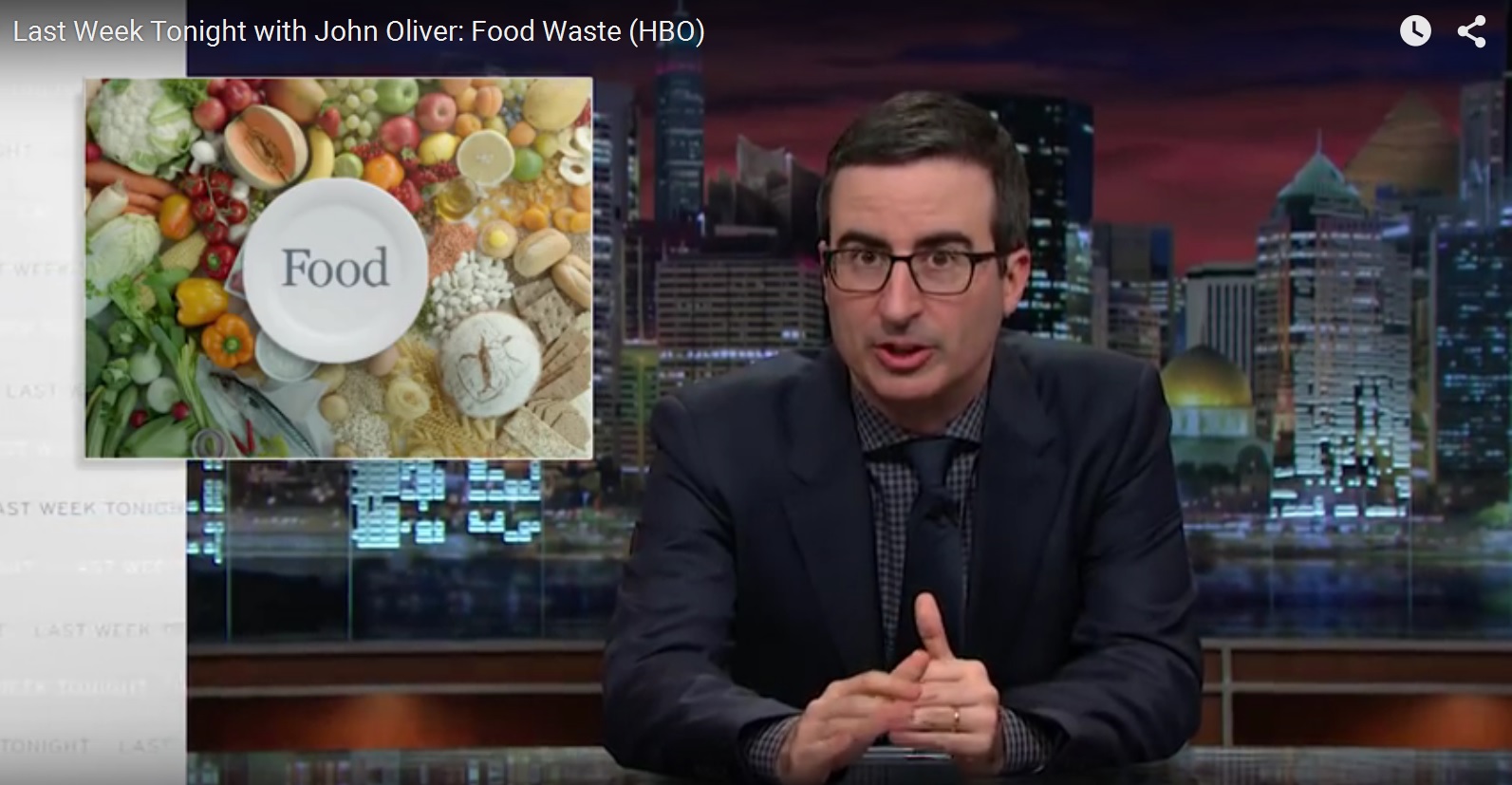In the lead up to World Food Day on October 16, Tony Daly presents 14 videos related to food, covering food waste, food production, energy and solution-based ideas that go against the grain. This blog forms part of the #ZeroHunger series, brought to you by the Professional Development Support Service for Teachers (PDST), developmenteducation.ie, Concern Worldwide and Self Help Africa.
1. We share ONE future. If WE don’t shape it, who will?
Source: Food and Agriculture Organisation of the United Nations (FAO)
Our actions are our future, and a zero hunger world is possible. The FAO offer a concerted call to action beyond World Food Day.
2. To achieve #ZEROHUNGER, we must have ZERO CHILD LABOUR
Source: Food and Agriculture Organisation of the United Nations (FAO)
Child labour is defined as work that is inappropriate for a child’s age, or more specifically, work that affects a child’s education or is likely to harm their health, safety or morals.
3. The first 1,000 days in every child’s life are the most critical
Source: UNICEF UK
The food that a child gets in their first 1,000 days of life are critical in ensuring healthy growth and development. An animation by UNICEF UK exploring the reality that one in every four children doesn’t have the food they need during this critical period.
4. Consumption in a World of 32:1
Source: developmenteducation.ie
Is the current rate of consumption sustainable? What about trends in population growth? An animation that explores the issues. Don’t forget to check out part 2 on (over)consumption.
5. The 4 man-made famines threatening 20 million people – Vox Media
South Sudan’s famine is man-made. And so are the 3 other famines developing in Nigeria, Somalia, and Yemen. Wars in these countries are threatening to starve 20 million people … or in all four countries, it’s war that’s threatened to put 20 million people at risk of starvation. Video journalist Sam Ellis uses maps to tell these stories, understand the international conflicts and trends shaping our world and chart their effects on foreign policy.
6. The global food waste scandal
Source: TED Talk by Tristram Stuart
Now regarded as a classic in the food waste movement, this talk by Tristram Stuart has continued to be a lightening rod for local activists and community workers everywhere (most especially in the UK).
7. Why is nutrition so important?
Source: Concern Worldwide
An animation exploring the impact of malnutrition and how nutrition can break the cycle of hunger and poverty.
8. Hunger, Nutrition and Climate Justice Conference Animation
Source: Irish Aid
An animation that explores the links between hunger, nutrition and climate change, produced as part of a major global conference in Dublin in 2013.
9. Why do we need to change our food system?
Source: UN Environment Programme
Folks in the UN know things aren’t right. One body of the UN, the UN Environmental Programme (or UNEP) have railed against various systems that the world turns by – climate, human rights,
10. Food Waste: Last Week Tonight with John Oliver
Source: LastWeekTonight
Producers, sellers, and consumers waste tons of food. US-based comedian John Oliver discusses the shocking amount of food we don’t eat.
11. Uganda’s food waste warrior aims to help farmers
Source: BBC News
Food wasted every year in Africa could feed up to 300 million people, according to the United Nations. Lawrence Okettayot, a 23-year-old engineering student in Uganda, hopes that his food dehydrator will tackle not just his country’s food waste problems but the world’s.
12. COP – Malawi’s climate change challenge
Source: SelfHelpAfricaTV
Malawian journalist Tiwonge Ng’ona travels through Malawi with Self Help Africa to rural communities facing new challenges as a result of climate change.
13. Nepal: Coping with Climate Change, Addressing Migration
Source: Food and Agriculture Organisation of the United Nations (FAO)
Nepal is one of the countries hardest hit by climate change. Farmers are the worst affected. Poverty and impacts of climate change are pushing people to migrate. In Southern Nepal, This short video shows how FAO supports some 3,000 farmers through 120 farmer field schools, so that families can be reunited and farmers can continue to live on and off their land.
14. Hunger isn’t a food issue. It’s a logistics issue
Source: TED Talk by Esther Ndichu
Most people presume that world hunger is caused by a lack of food. But Esther Ndichu, the humanitarian supply chain director at UPS, argues that the real issue is logistics. She points out that food often rots just miles from the neediest people and that farmers often can’t get goods to market. By fixing the “last mile,” she shows that hunger can be solved in our lifetime.

